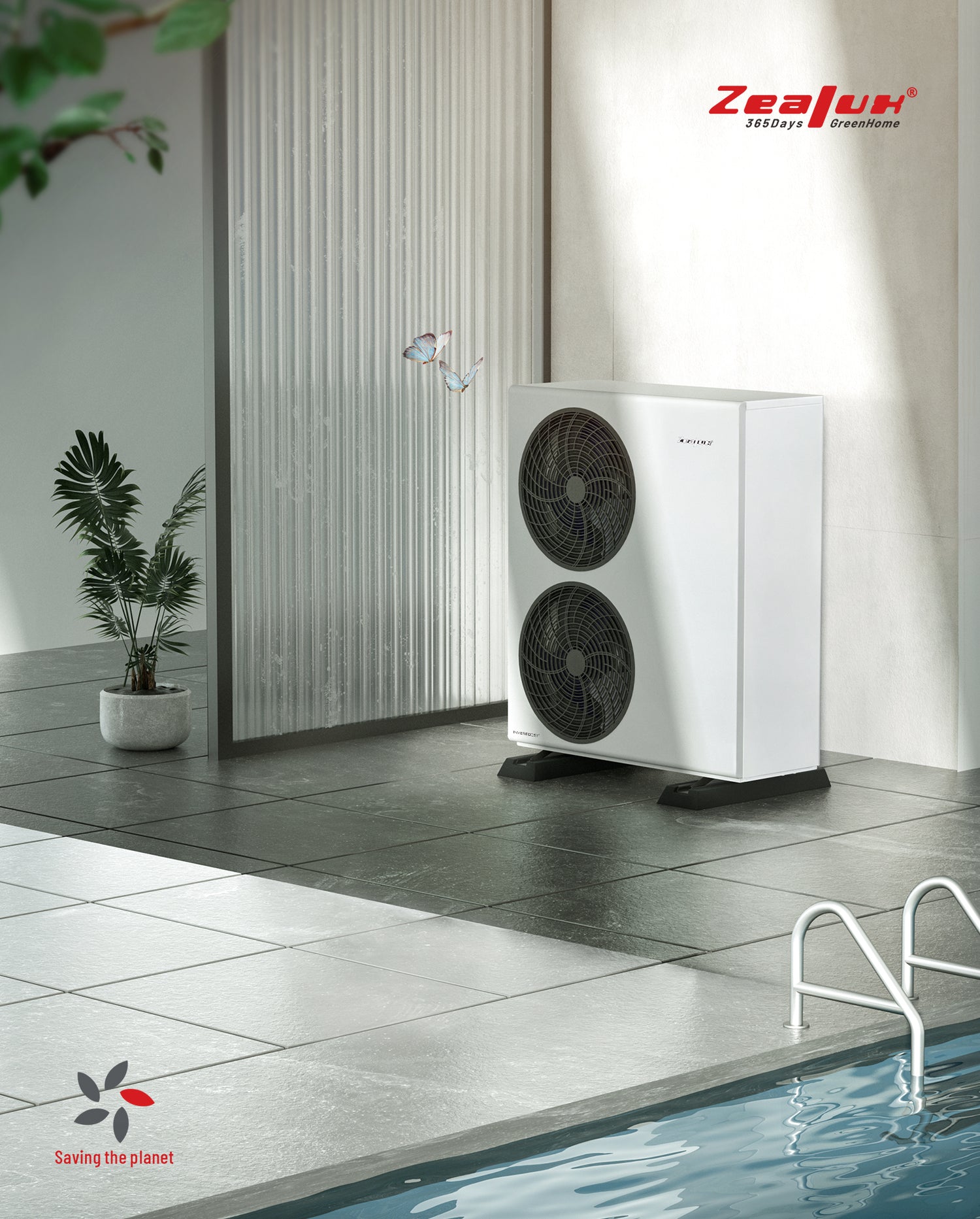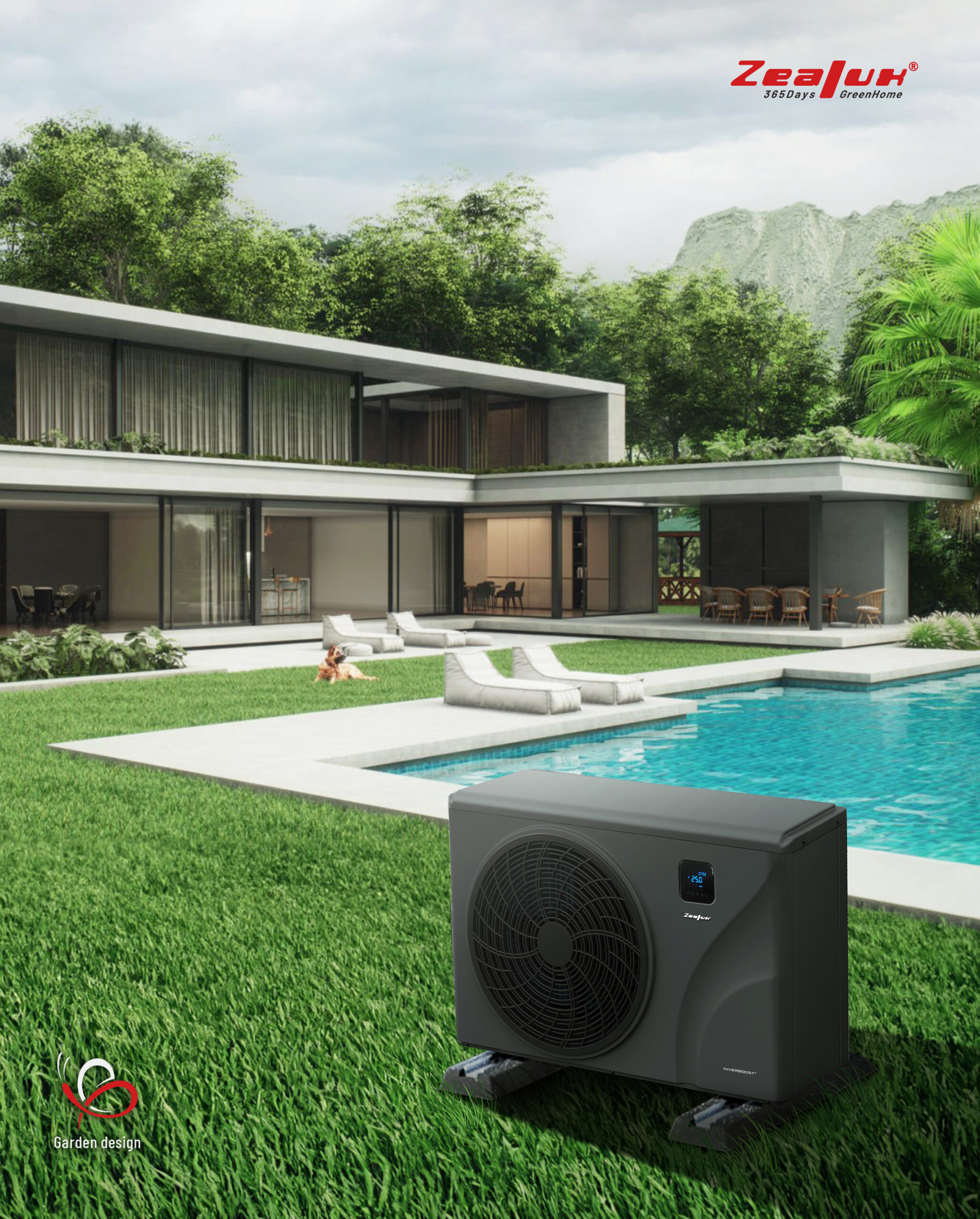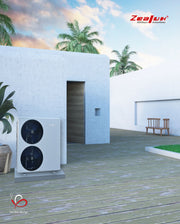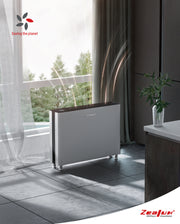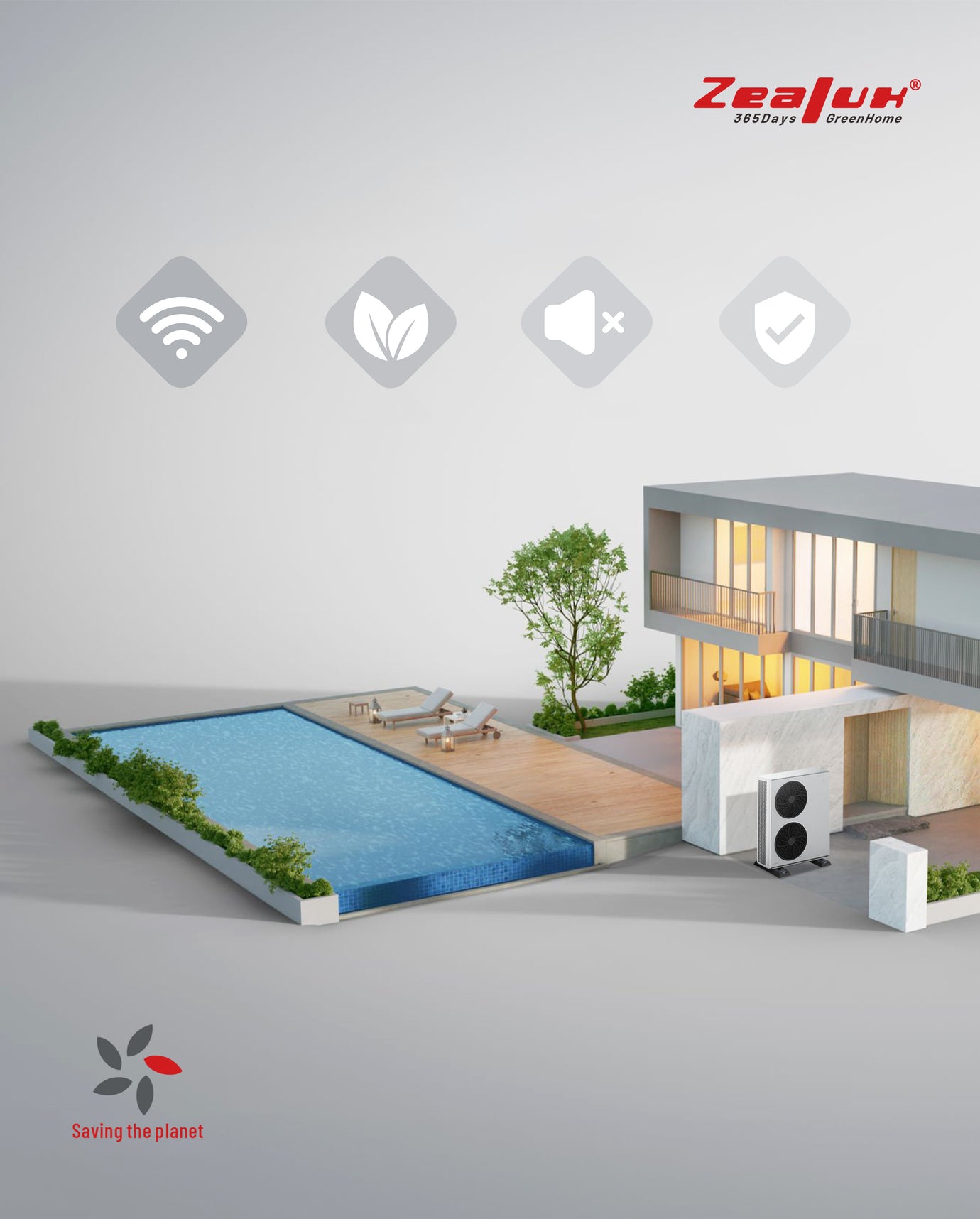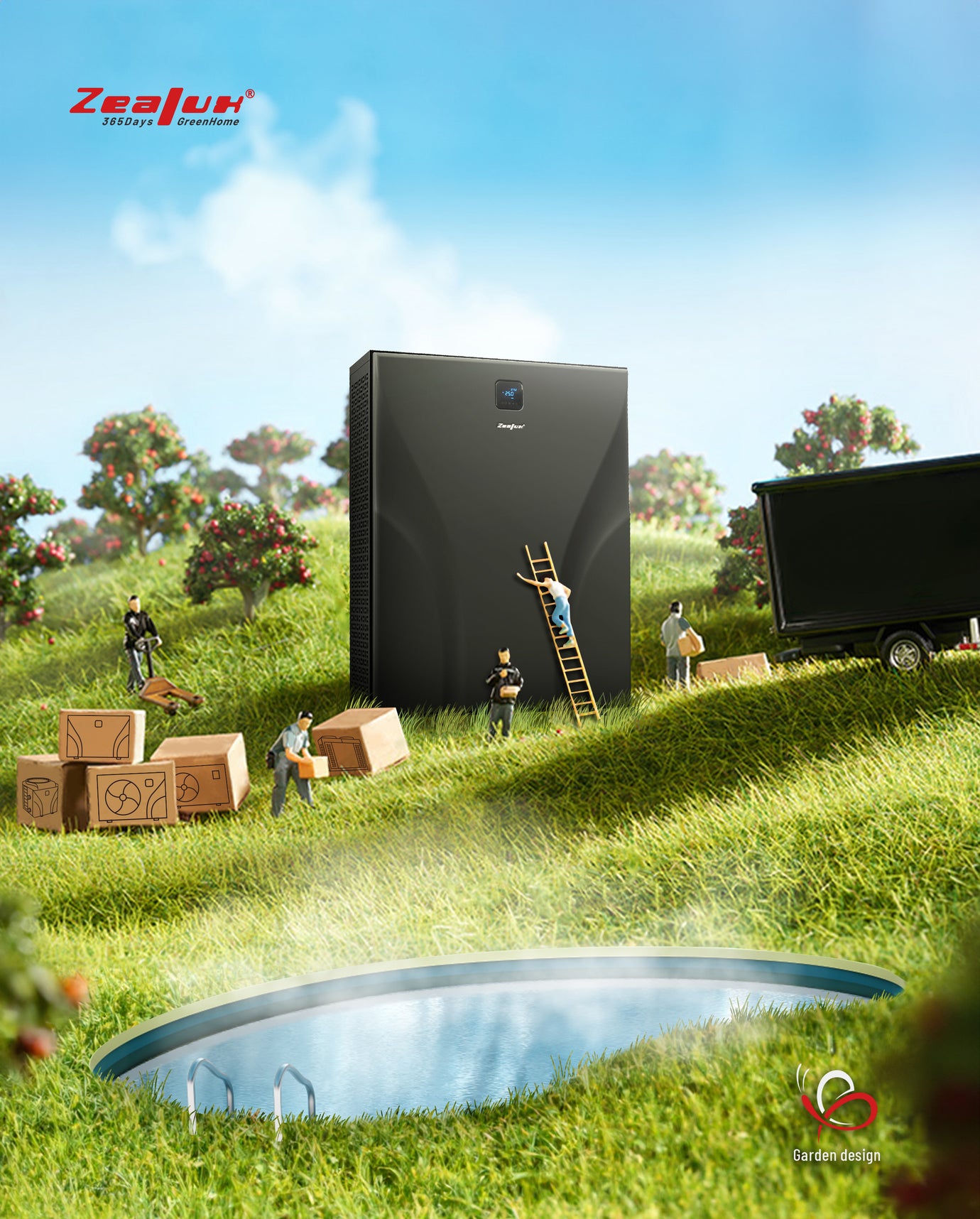How to Identify the 9 Clear Indicators You Need a New Roof
A sturdy and reliable roof is essential for the protection and longevity of your home. Over time, wear and tear, weather conditions, and other factors can lead to the need for a new roof. In this article, we will explore the nine clear indicators that suggest it's time to replace your roof. Additionally, we will touch upon the importance of choosing a reputable heat pump supplier, heat pump producers, and the benefits of an inverter plus swimming pool heat pump. Finally, we will highlight the significance of a generous 7-year warranty. Let's dive in!
1. Age of the Roof:
The age of your roof is a crucial indicator of whether it needs replacement. Typically, asphalt shingle roofs have a lifespan of 20-25 years. If your roof is approaching or has exceeded this timeframe, it is a clear sign that you should consider a new roof.
2. Damaged or Missing Shingles:
Inspect your roof for damaged or missing shingles. Cracked, curled, or blistered shingles indicate deterioration and vulnerability to leaks. Missing shingles leave your roof exposed to potential water damage, making it essential to address this issue promptly.
3. Leaks and Water Damage:
Water stains on ceilings or walls, along with the presence of mold or mildew, are clear signs of roof leaks. If you notice these indicators, it's crucial to investigate the source of the problem and consider replacing your roof to avoid further damage.
4. Sagging Roof:
A sagging roof is a severe structural issue that requires immediate attention. It signifies potential structural damage, weakened supports, or a compromised roof deck. Contact a professional as soon as possible to assess the situation and determine if a new roof is necessary.
5. Granule Loss:
Check your gutters and downspouts for granules from asphalt shingles. Excessive granule loss indicates shingle deterioration, reducing their ability to protect your roof from the elements. If you notice a significant amount of granules, it may be time for a new roof.
6. Daylight Through the Roof Boards:
If you notice sunlight streaming through your attic or see daylight through the roof boards, it is a clear sign of roof damage. This indicates cracks, gaps, or deterioration, which compromises the roof's integrity. Address this issue promptly to prevent further damage.
In some cases, minor repairs may be sufficient to seal the gaps or cracks, restoring the roof's integrity. However, if the damage is extensive or the roof is nearing the end of its lifespan, a complete roof replacement might be required.
7. Moss or Algae Growth:
The presence of moss or algae on your roof can lead to significant damage if not addressed. These organisms trap moisture, causing shingle deterioration. If left untreated, it can compromise the roof's structural integrity, making a new roof necessary.
Moss growth occurs in moist environments, and when it takes hold on your roof, it can cause several problems. The moss retains moisture, which can lead to the degradation of roofing materials, such as shingles. Over time, this can result in cracks, leaks, and even structural damage. Additionally, moss can lift shingles, allowing water to seep underneath and further exacerbating the issue.
Algae, on the other hand, appears as dark streaks or discoloration on your roof. While it may not directly damage the roofing materials, it can still impact the aesthetics of your home. Algae growth can make your roof appear old, dirty, and uncared for, affecting your home's curb appeal and potentially lowering its value.
To address moss or algae growth on your roof, it is important to take preventive measures and perform regular maintenance. Trim back overhanging branches or foliage that provide shade and retain moisture. This will help minimize the conditions that promote moss and algae growth. Additionally, consider installing zinc or copper strips near the ridge of your roof. When it rains, these metals release ions that inhibit moss and algae growth.
8. Energy Efficiency Concerns:
Energy efficiency is crucial for reducing utility costs and environmental impact. If you experience significant heating or cooling inefficiencies, it may be due to a poorly insulated or damaged roof. Consider a new roof with proper insulation to improve energy efficiency.
A poorly insulated or damaged roof can allow for heat transfer, resulting in increased energy consumption to maintain desired temperatures. This not only leads to higher utility bills but also puts unnecessary strain on your HVAC system. By addressing energy efficiency concerns, such as inadequate insulation or damaged roofing materials, you can enhance the overall performance of your home's heating and cooling systems.
When considering a new roof, it is important to choose materials that offer excellent thermal resistance and insulation properties. Opting for energy-efficient roofing materials, such as cool roofs or those with high R-values, can significantly reduce heat gain or loss, resulting in improved energy efficiency.
Additionally, proper ventilation is key to maintaining a balanced and energy-efficient roof system. Adequate airflow helps regulate temperatures, preventing heat buildup in the attic, which can transfer into living spaces. By ensuring proper ventilation, you can reduce the strain on your HVAC system and enhance overall energy efficiency.
9. Regular Maintenance and Inspections:
Regular roof maintenance and inspections are essential for identifying potential issues early on. Engaging with reputable heat pump suppliers and producers can provide valuable insights and guidance for maintaining your roof. Additionally, considering an inverter plus swimming pool heat pump can enhance energy efficiency and reduce costs. Look for suppliers and producers that offer a generous 7-year warranty, providing peace of mind and protection for your investment.
Identifying the clear indicators that suggest a new roof is necessary is crucial for maintaining the integrity and safety of your home. Keep an eye out for signs such as age, damaged shingles, leaks, sagging, granule loss, daylight through roof boards, moss or algae growth, energy efficiency concerns, and regular maintenance. Additionally, seek out reputable heat pump producers who can offer valuable guidance and consider an inverter plus swimming pool heat pump for enhanced efficiency. Lastly, prioritize suppliers and producers that offer a generous 7-year warranty, providing added protection for your investment. By paying attention to these indicators and taking prompt action, you can ensure a strong and secure roof for years to come.

